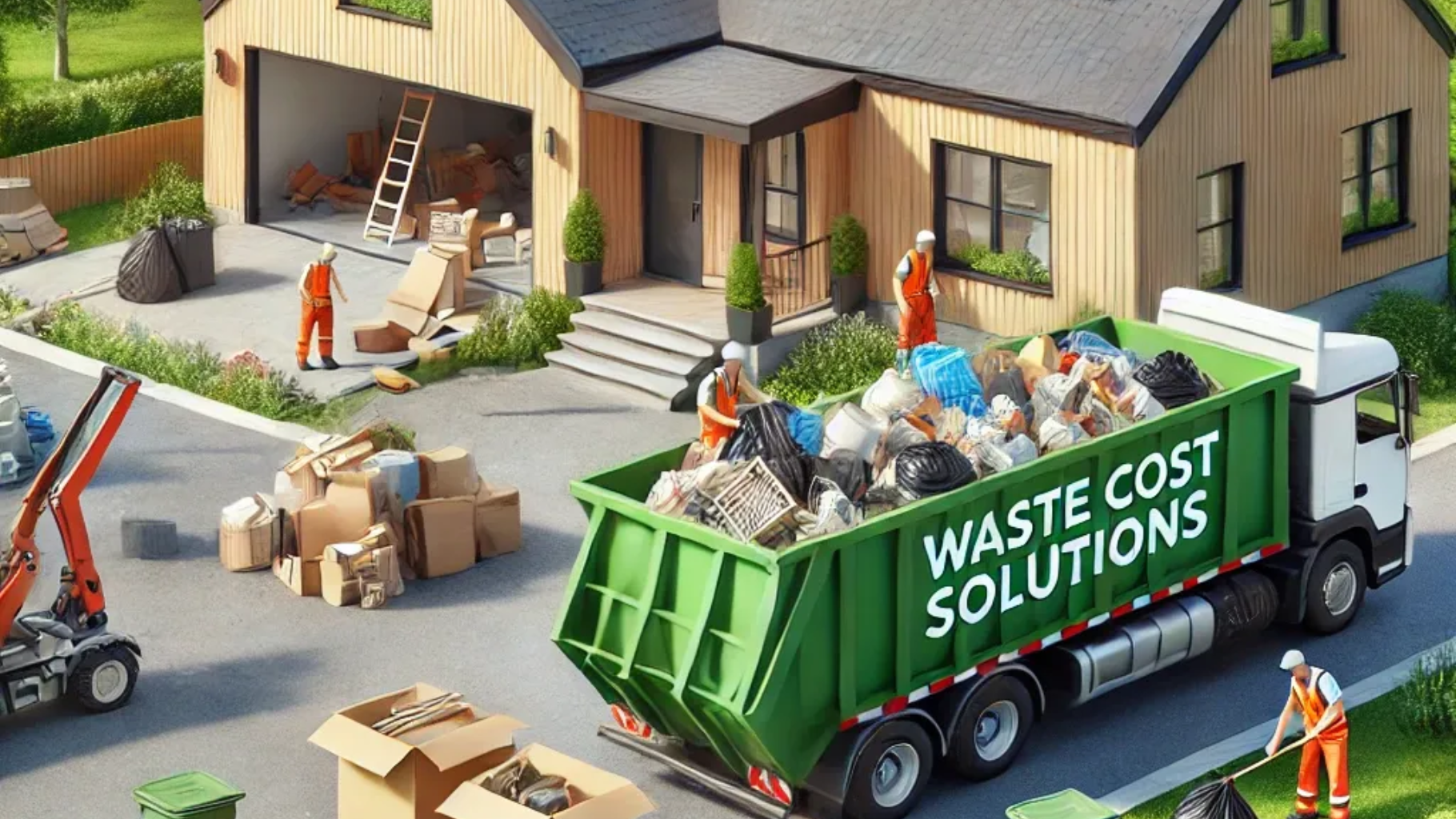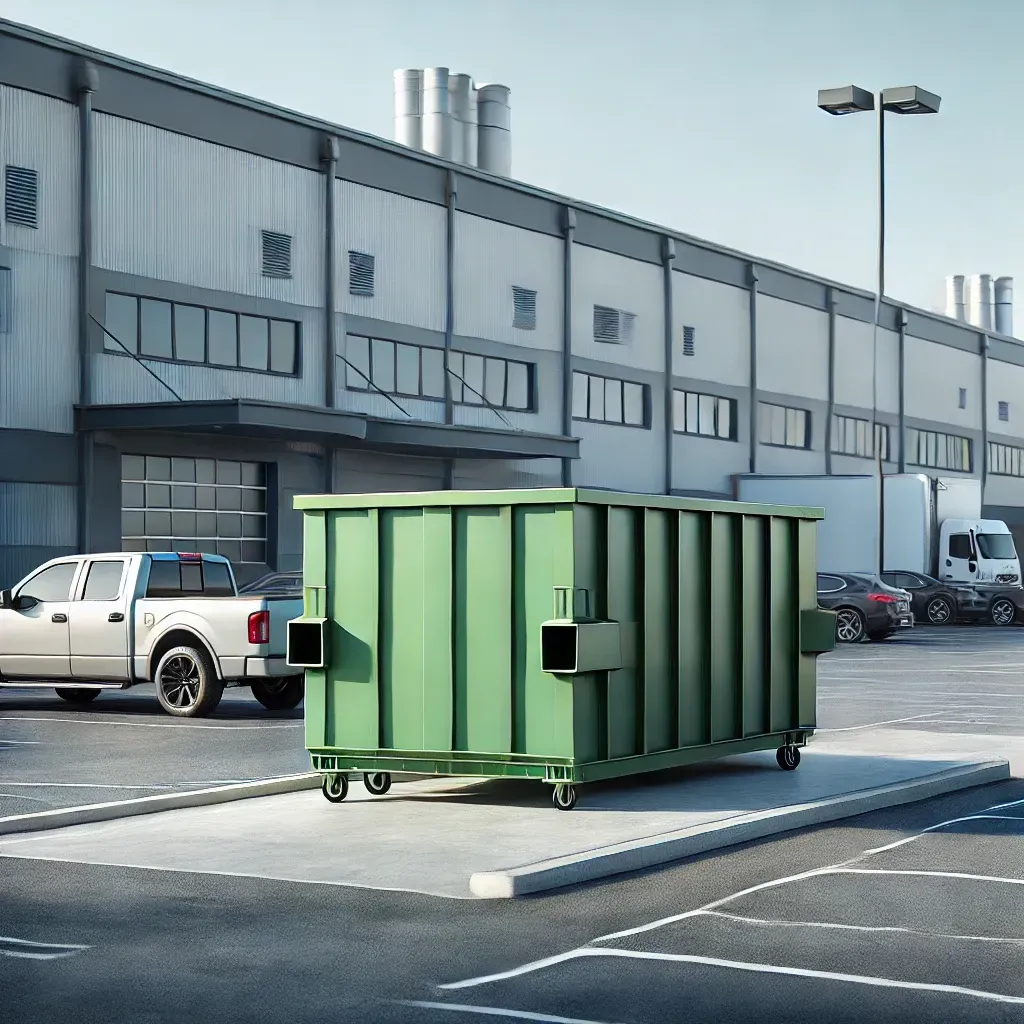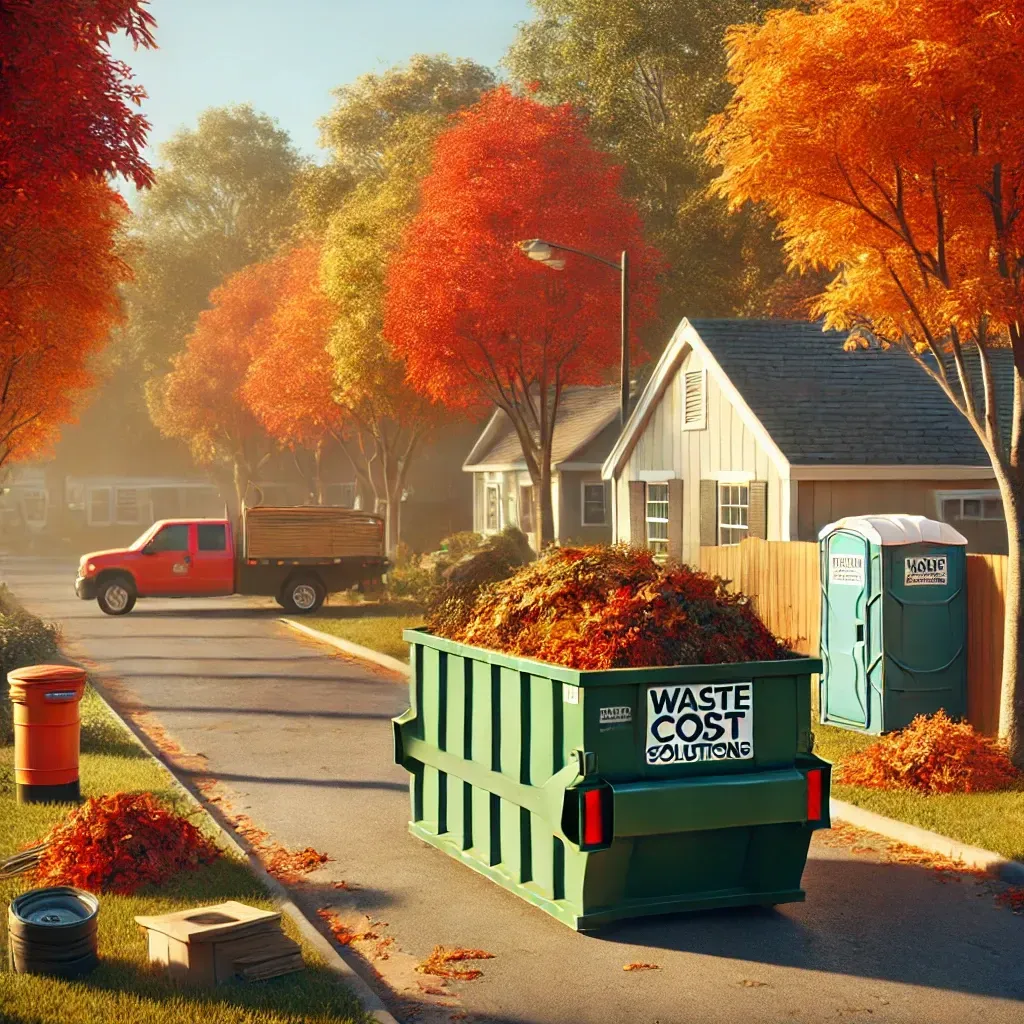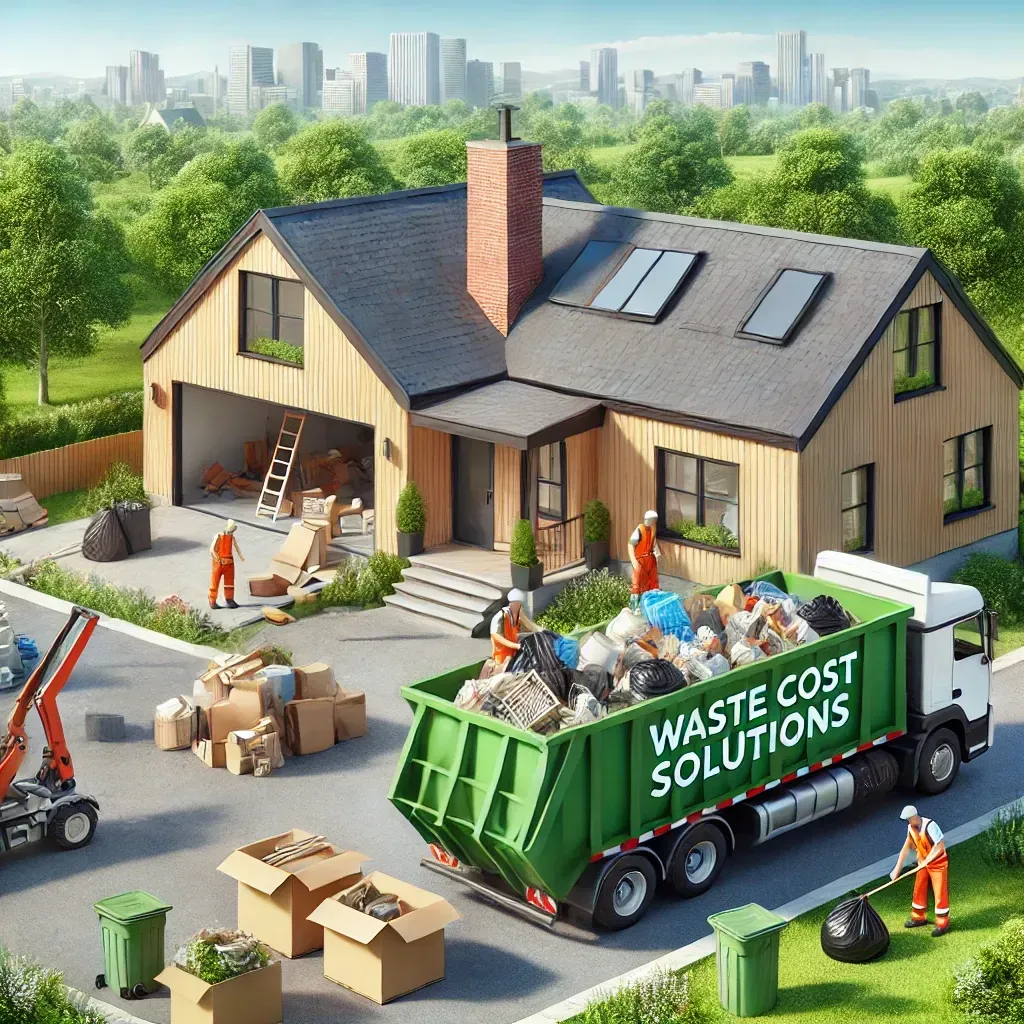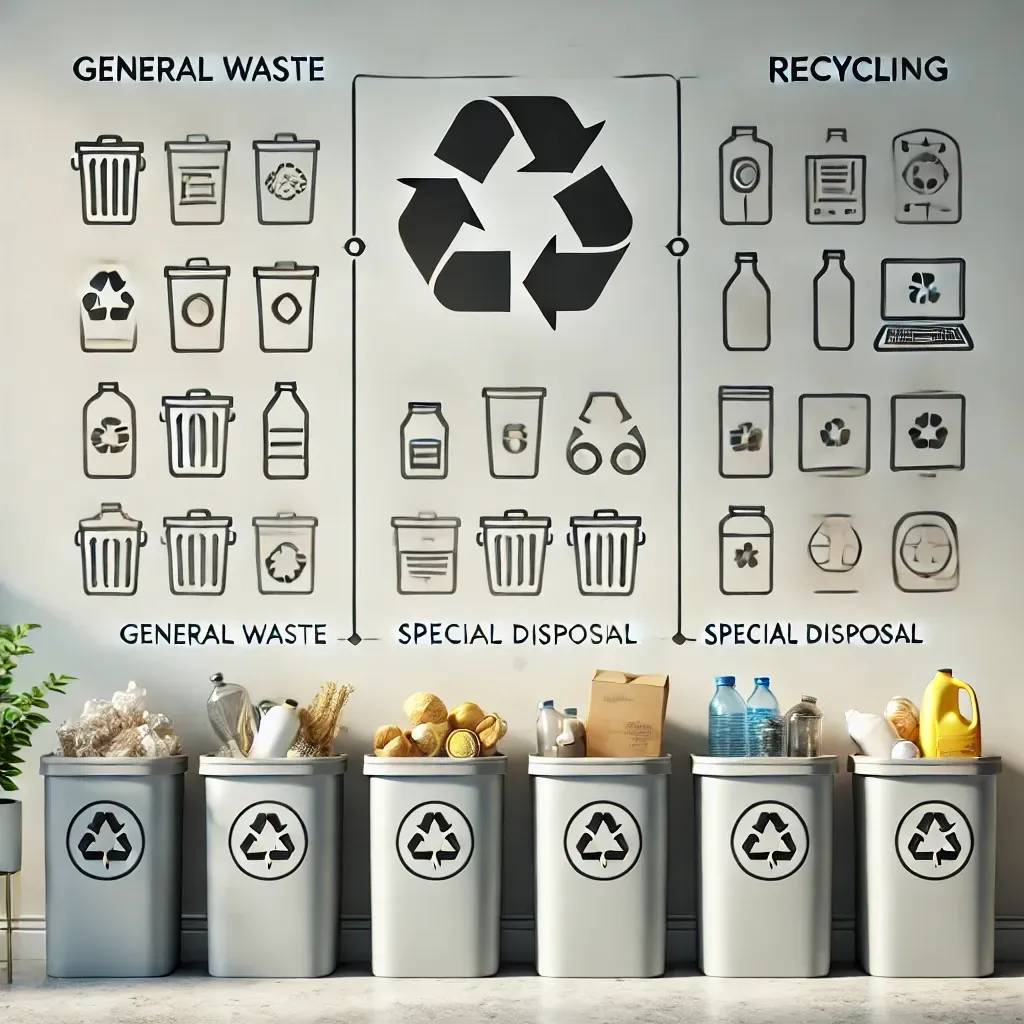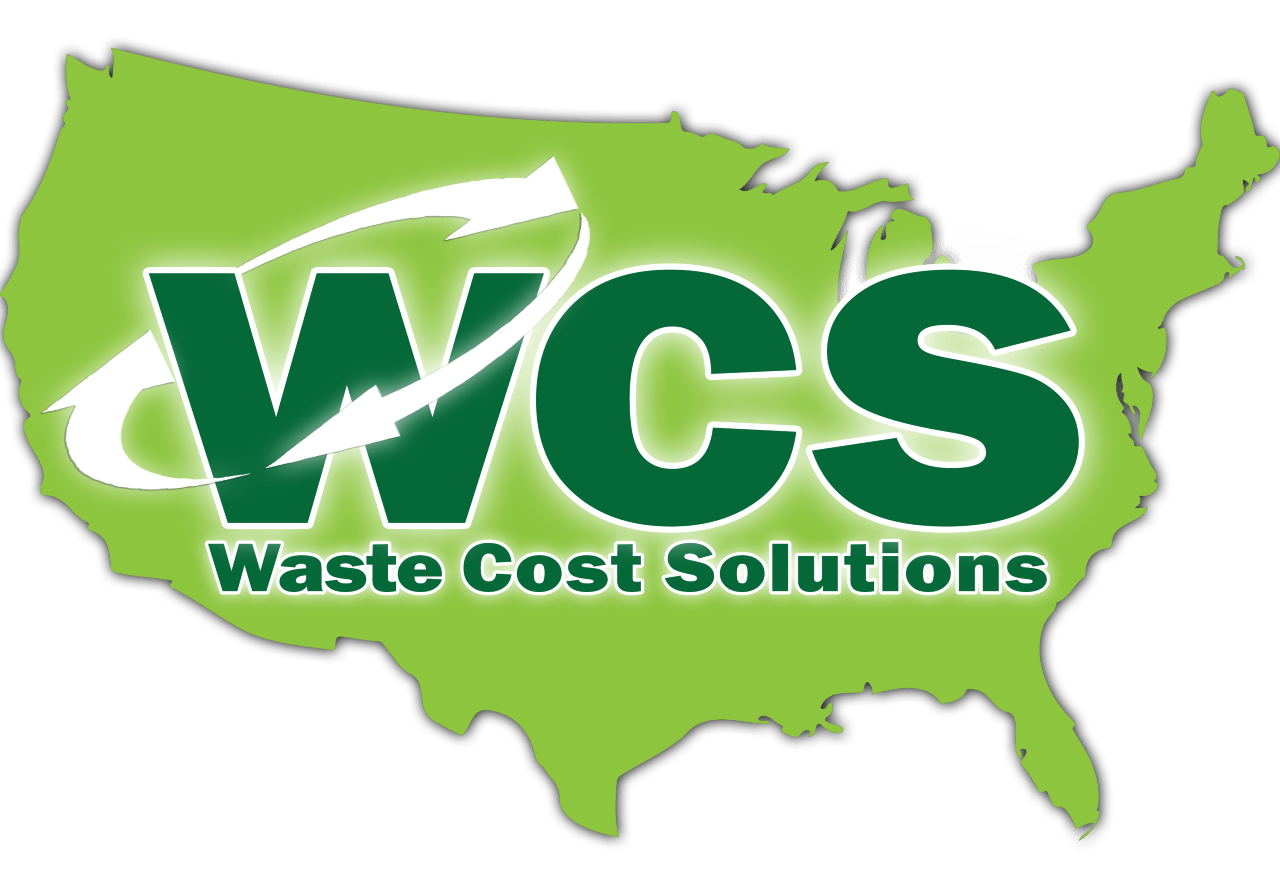How to Reduce and Recycle Plastic Waste
Reducing and Recycling Plastics
As a business owner, you know that it's important to be sustainable and reduce your environmental impact. But what does that mean when it comes to plastic waste? Here are some tips on how your business can recycle plastic waste and cut down on its use.
Say No to Single-Use Plastic
The first step is to cut down on the amount of plastic your business uses. You can do this by sourcing sustainable alternatives, such as paper or bamboo products. There are also biodegradable options available, such as cornstarch plastics. If you absolutely need to use plastic, make sure it is recyclable.
Refuse disposable plastic bags when shopping. Bring your reusable bags instead.
Plastic bags are one of the most common items found in beach cleanups. They clog storm drains, pollute our oceans, and endanger marine wildlife. The next time you're grocery shopping, say no to the disposable plastic bag and bring your reusable bags instead. It might seem like a small change, but it can make a big difference.
Bring your reusable water bottle.
About 38 billion water bottles end up in landfills every year. Not only does this create mountains of waste, but it takes centuries for plastic water bottles to break down. Ditch the disposables and invest in a good reusable water bottle you can take everywhere you go. Bonus points if you can find one made from sustainable materials!
Pack your lunch in reusable containers.
Pack your lunch in reusable containers rather than disposable sandwich bags or aluminum foil whenever possible. This will help reduce the amount of plastic waste that ends up in landfills each year. If you usually opt for products wrapped in aluminum foil, try investing in some
beeswax wraps instead - they're just as effective and much better for the environment.
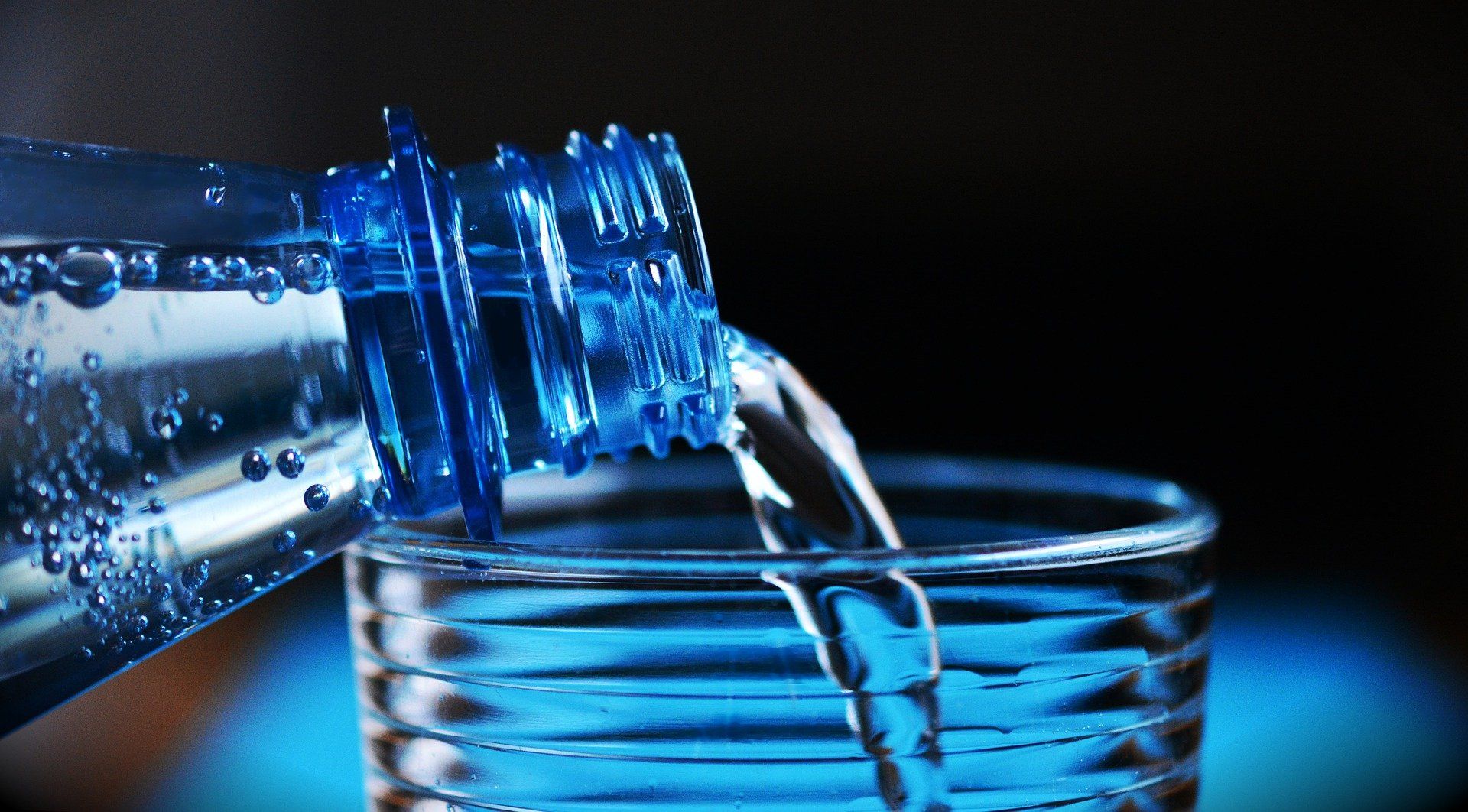
Setting Up A Deposit-Return Scheme
The next step is to set up a recycling system for the plastic waste your business does produce. You can do this by partnering with a local recycling company or contacting your municipality to find out about their recycling programs. Once you have a system in place, make sure all of your employees are aware of it and know how to use it.
What Is a Deposit Return Scheme?
A deposit return scheme (DRS) is a system where consumers pay an upfront deposit when they purchase a product, and then receive that deposit back when they return the product packaging. The advantage of having a DRS is that it provides an incentive for people to return their packaging, which can then be recycled or reused.
How Does It Work?
In order to set up a DRS, you'll need to partner with local businesses, such as grocery stores or restaurants. Customers will pay a deposit when they purchase a product from one of these participating businesses. They can then return the packaging to any other participating business in order to get their deposit back.
You'll also need to set up collection points for the used packaging. These collection points can be located at businesses, community centers, or other public places. Once the packaging has been collected, it will be sent to a recycling center where it can be recycled or reused.
Benefits of Having a DRS
There are many benefits to having a DRS, both for the environment and for the community. Some of the benefits include:
- Reduced litter: One of the main benefits of having a DRS is that it reduces litter. This is because people are more likely to return their packaging if they know they'll get their deposit back.
- Increased recycling: Another benefit of having a DRS is that it increases recycling rates. This is because people are more likely to recycle their packaging if they know they'll get their deposit back.
- Economic benefits: In addition to the environmental benefits, there are also economic benefits to having a DRS. For example, setting up a DRS can create new jobs in the community and generate revenue for the local economy.
- Educational benefits: A DRS can also be used as an educational tool to teach people about recycling and environmental protection.
- Community building: Finally, setting up a DRS can help build community spirit and pride. This is because working together to reduce litter and increase recycling rates brings people together and creates a sense of community pride.
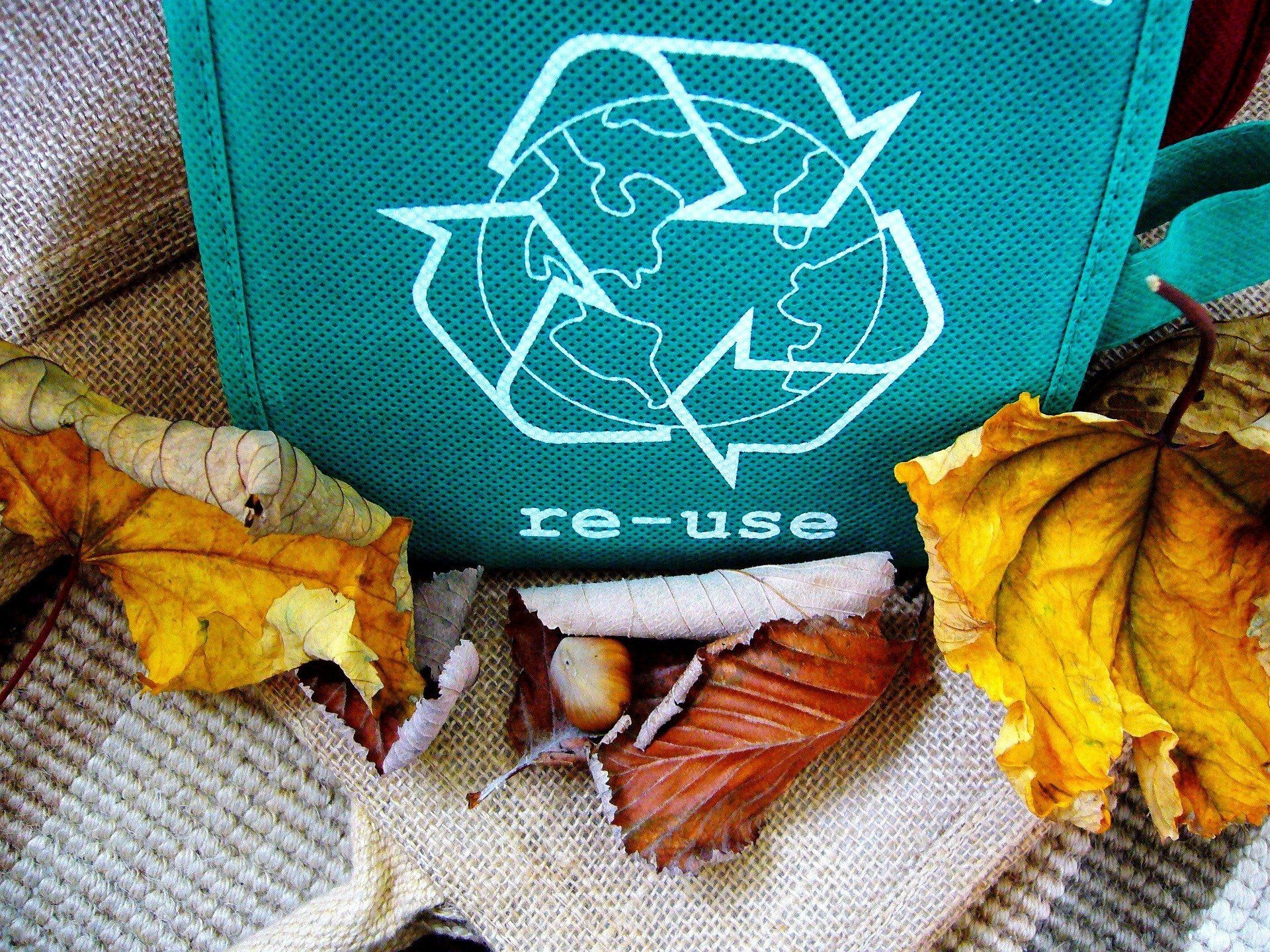
How to Decipher Plastic Recycling Symbols
Finally, stay up-to-date on the latest developments in sustainable plastics and recycling technologies. This will help you find new ways to reduce your environmental impact and operate your business in a more sustainable way.
Plastics are typically labeled with a triangle of arrows surrounding a number inside of it. This symbol is known as the resin identification code, and it tells you what type of plastic the item is made from. The number inside the triangle corresponds to a specific type of plastic, as follows:
1. PET or PETE (Polyethylene Terephthalate)
2. HDPE (High Density Polyethylene)
3. PVC (Polyvinyl Chloride)
4. LDPE (Low Density Polyethylene)
5. PP (Polypropylene)
6. PS (Polystyrene)
7. Other/Unidentified
Now that you know what the numbers mean, you're probably wondering what types of plastics are actually recyclable. Here's a quick rundown:
Plastics marked with a 1 or 2 are widely recycled and can be recycled by most municipalities.
Plastics marked with a 3 or 4 are less commonly recycled, but some facilities do accept them.
Plastics marked with a 5, 6, or 7 are not typically recycled but can be reused in some ways. For example, polystyrene foam can often be repurposed as packing material.
Celebrate Your Small Wins in the Fight Against Plastic Pollution
It's no secret that our planet is in trouble. We're dealing with climate change, habitat loss, and pollution of all kinds. It can be easy to feel overwhelmed by the state of the world and think that there's nothing we can do to help. But that's not true! Every little bit counts and even the smallest changes can make a big difference.
You don't have to go completely plastic-free overnight to make a difference. Every little bit counts, so start small and celebrate your progress! Remember, even the smallest changes can have a big impact when we all work together.
